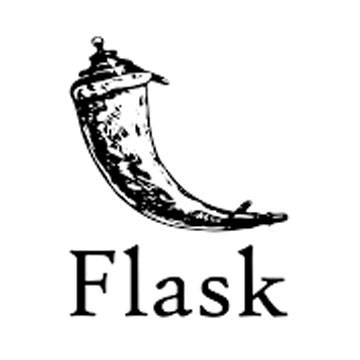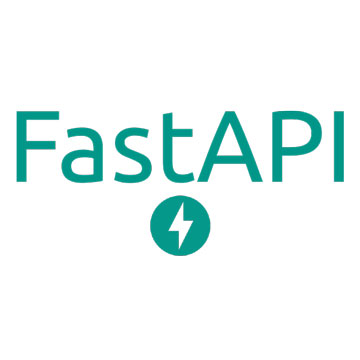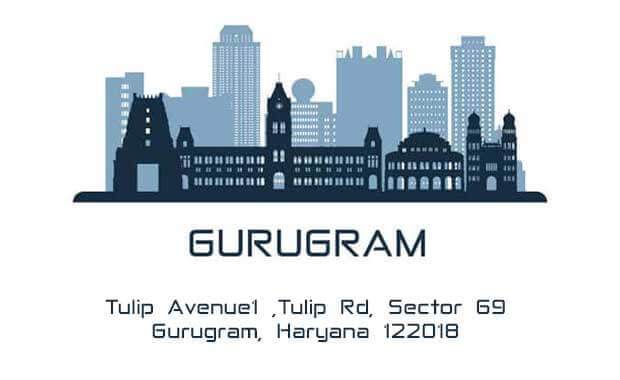Framework is a software architecture that is designed to support the development of web applications. Python has established itself as one of the most versatile and widely-used programming languages, particularly in web development. With a rich ecosystem of frameworks available, developers have a plethora of options to choose from when building web applications.
Django: The Full-Stack Web Framework
Django is a high-level Python web framework that follows the "batteries-included" philosophy, providing developers with a comprehensive set of tools and libraries for building web applications. It is designed to simplify the process of web development by emphasizing reusability, modularity, and rapid development.
Key Features of Django
Model-View-Controller (MVC) Architecture: Django follows the MVC architectural pattern, which separates the application logic into three components: models for data manipulation, views for user interface presentation, and controllers for handling user requests. This separation of concerns promotes code organization and maintainability.
Object-Relational Mapping (ORM): Django's ORM allows developers to interact with databases using Python objects, rather than raw SQL queries. This abstraction layer simplifies database interaction and makes it easier to perform common CRUD operations.
Scalability and Security: Django is well-suited for building scalable and secure web applications, with features such as built-in security mechanisms, protection against common security threats, and support for horizontal scaling.
Flask: The Micro Web Framework
Flask is a lightweight and flexible micro-framework for building web applications with Python. Unlike Django, which comes with a predefined set of features and conventions, Flask allows developers to choose their own tools and libraries, giving them greater flexibility and control over the development process.
Key Features of Flask
Minimalistic Design: Flask is designed to be lightweight and minimalistic, with a small core and a modular architecture. This allows developers to build custom web applications by choosing only the components they need, without being burdened by unnecessary features or overhead.
Extensibility: Flask is highly extensible and allows developers to easily integrate third-party libraries and extensions to add additional functionality to their applications. This flexibility allows businesses to tailor their web applications to their specific needs and requirements.
Werkzeug WSGI Toolkit: Flask is built on top of the Werkzeug WSGI (Web Server Gateway Interface) toolkit, which provides a low-level interface for handling HTTP requests and responses. This allows Flask to integrate seamlessly with other WSGI-compatible servers and middleware components.
Development Server: Flask includes a built-in development server that makes it easy to run and test web applications locally during the development process. The development server provides features such as automatic code reloading, interactive debugger, and integrated unit testing, making it ideal for rapid prototyping and debugging.
FastAPI: The High-Performance API Framework
FastAPI is a modern, fast (high-performance), web framework for building APIs with Python 3.7+ based on standard Python type hints. It is designed to be easy to use, fast to develop with, and highly performant, making it an excellent choice for businesses that require high-performance APIs.
Key Features of FastAPI
Fast Performance: FastAPI is built on top of Starlette for the web parts and Pydantic for the data parts, resulting in high-performance APIs that can handle thousands of requests per second.
Automatic Documentation: FastAPI automatically generates interactive API documentation using Swagger UI and ReDoc, making it easy for developers to test and explore APIs.
Type Safety: FastAPI leverages Python type hints to provide type safety and validation for request and response data, reducing the risk of runtime errors and improving code quality.
Asynchronous Support: FastAPI supports asynchronous programming using Python's async and await syntax, allowing developers to build scalable and responsive APIs that can handle concurrent requests efficiently.
Business Prospects of Django, Flask, and FastAPI
Django for Enterprise-Level Applications: Django is well-suited for building large-scale enterprise applications that require scalability, security, and robust features. Its built-in tools for authentication, authorization, database management, and security make it a popular choice for businesses that require mission-critical applications with high reliability and performance.
Flask for Custom and Lightweight Solutions: Flask's minimalistic design and flexibility make it ideal for building custom web applications that require tailored solutions. Businesses can leverage Flask's modular architecture and extensibility to build lightweight applications that meet their specific needs and requirements, without being constrained by the conventions of a predefined framework.
FastAPI for High-Performance APIs: FastAPI's fast performance, automatic documentation, type safety, and asynchronous support make it an excellent choice for businesses that require high-performance APIs. FastAPI's ability to handle thousands of requests per second and provide interactive documentation makes it well-suited for building APIs for web and mobile applications, IoT devices, and microservices.
Django, Flask, and FastAPI offer businesses versatile options for building modern web applications and APIs with Python. Whether it's building large-scale enterprise applications, custom web solutions, or high-performance APIs, each framework has its strengths and caters to different use cases and requirements.
By understanding the key features and business prospects of Django, Flask, and FastAPI, businesses can make informed decisions about which framework best suits their needs and goals for web development. Whether it's reliability, flexibility, or performance, Django, Flask, and FastAPI empower businesses to unlock their full potential and achieve success in the competitive landscape of web development.





